For the second solo show ‘Cafe Durban’ at MÉLANGE Patrick Fabian Panetta orchestrated a concerto of three video works that branch out towards a climax of an overflow of information. They create nothing but visual noise, while pondering along in strange harmony. One by one each video starts and creates a visual and musical over lap, just to paste into calm relaxing blue screens. The works each question the act of a creative process, not giving in to a sense of refusal, but to strive for what material could still contain usable potential, accepting somewhat absurdity as a maxim.
Starting with a re-mastered version of Watched and Recorded / Abstraction (2002 – 2018) where Panetta produced a series of short films that all function alike: a set of geometrical shapes appear on a monochrome screen in a random order. Suddenly one of those shapes, here the smallest of three rectangles, begins to move. While the rectangle makes its way to slowly disappear from the screen and you wait for any kind of punch line; instead you are confronted with a permanent loop of the same scene. Accompanied by randomly chosen music, which in case of the presented piece is some African music that was playing while the artist recorded the animation, this minimalistic gesture becomes even more absurd, as the rectangle joyfully dances out of sight.
Projected onto a screen Patrick Fabian Panetta presents APEX, 2013 (Recontextualized) (2017).
‘Begun as a compendium of disparate images edited and sequenced by artist and filmmaker Arthur Jafa over the course of five years, APEX is conceived as a scenario of sorts for a feature film project. In Jafa’s words, ‘I’ve always understood [APEX] as akin to Tatlin’s Monument to the Third International [1919– 20], which of course was never built. I’ve come to understand it as a model for both a film – a $100 million sci-fi epic – and as a kind of preor anti-cinema’. Reaching for his oft-mentioned mantra, ‘a cinema capable of matching the power, beauty, and alienation of black music‘, APEX maps out an ontology inextricably bound up with what the artist calls ‘black potention’ as an emblem of the very absence of any condition of possibility. Jafa’s extensive research into black culture and his theories surrounding a ‘black aesthetic’ led him to produce APEX, an eight-minute video comprised of hundreds of images – objects, people, moments, and events – which race by against an apocalyptic soundscape. The densely sequenced concatenation, organized according to various ‘affective proximities’, produces ‘spooky entanglements’, abstract narrative surges and coded emotional resonances, all of which index Jafa’s ongoing interest in the ‘abject sublime’, doom sutras and the contingent nature of being black.’
Cafe Durban (The Overmind) (2018) continues the idea flooding the viewer with content in a rapid tempo. Images of sci-fi and fantasy burst out of the screen at the viewer, while a song of a Durban (SA) based Death Metal band The Overmind grinds him down. The work reaches rock bottom, as there is no content left, unable to recognize any of the images. Thus, for every image used, there are thousands of others that could take their places. The almost aggressive act of confiscating pre-existing material for the own work, questions the borders of artistic freedom, not only its legality but also in an artistic regards.
These parasitic strategies, recall William Burroughs dictum of ‘Language is a Virus’ and ‘Words beget image and image is virus’. The question is, what happens if the host becomes immune to its illness?
And thus, what if creativity is just a synonym for “well-employed-strategic-decisions”? It should have become clear, that this term and its fellow friends such as innovation, ingenuity or originality, have altogether been successfully assimilated to commercial and managerial practices, making them virtually unable to consider serious. In the wake of digitalization, reshuffling and copying from the fluid circulation of images and open access, the employment of ‘creativity’ is likely a euphemism for what is trending and upcoming. It is in this way understood as an adaptive mechanism, constantly filtering its surroundings for every bit of context, information and morphing into anything that could be of interest at this given moment.
Patrick Fabian Panetta’s works concern the very activity of artistic practice itself, its expectations or assumptions, sharing a considerable amount of skepticism towards a status quo of renewed traditional ideas of authorship and authenticity. Over the years of working, he slide into a relentlessly booming optimism of ‘artistic progress’, envisioning ever newer and better products of art.
Patrick Fabian Panetta Cafe Durban
Mélange 01/12/2018—05/01/2019

Patrick Fabian Panetta, WATCHED AND RECORDED / FS – 1483, 2008, Screen and sound recording, photoshop. min. 00.50, Collection of 1800 films recorded since 2002, installation view, MÉLANGE 2018
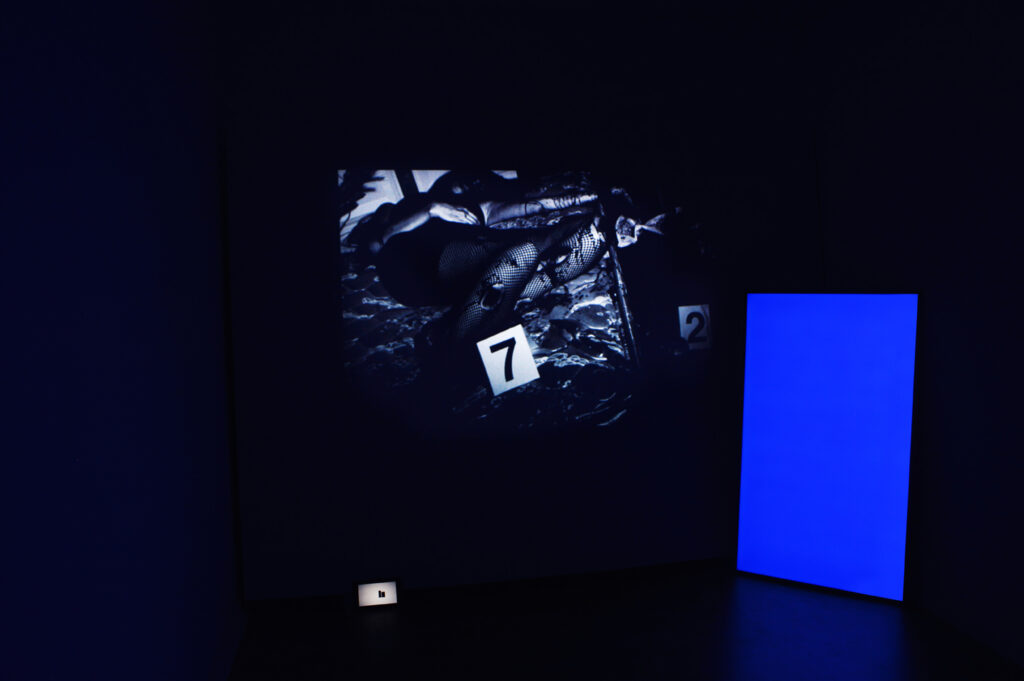
Patrick Fabian Panetta, APEX, 2013 (Recontextulized), 2017, Widescreen video, sound, min. 8.30, installation view, MÉLANGE 2018
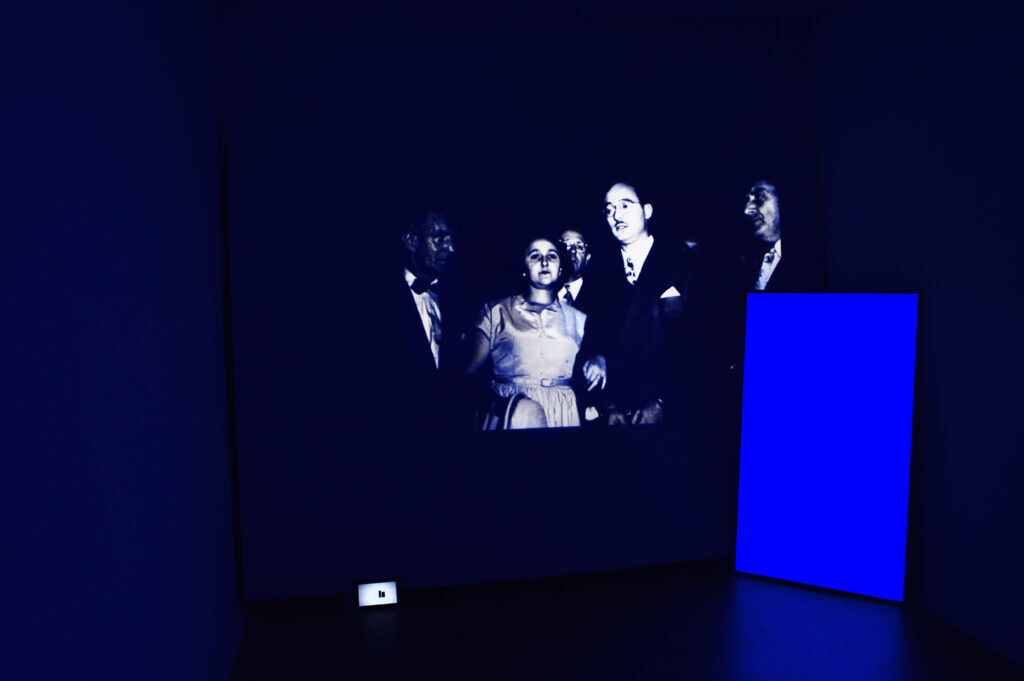
Patrick Fabian Panetta, APEX, 2013 (Recontextulized), 2017, Widescreen video, sound, min. 8.30, installation view, MÉLANGE 2018
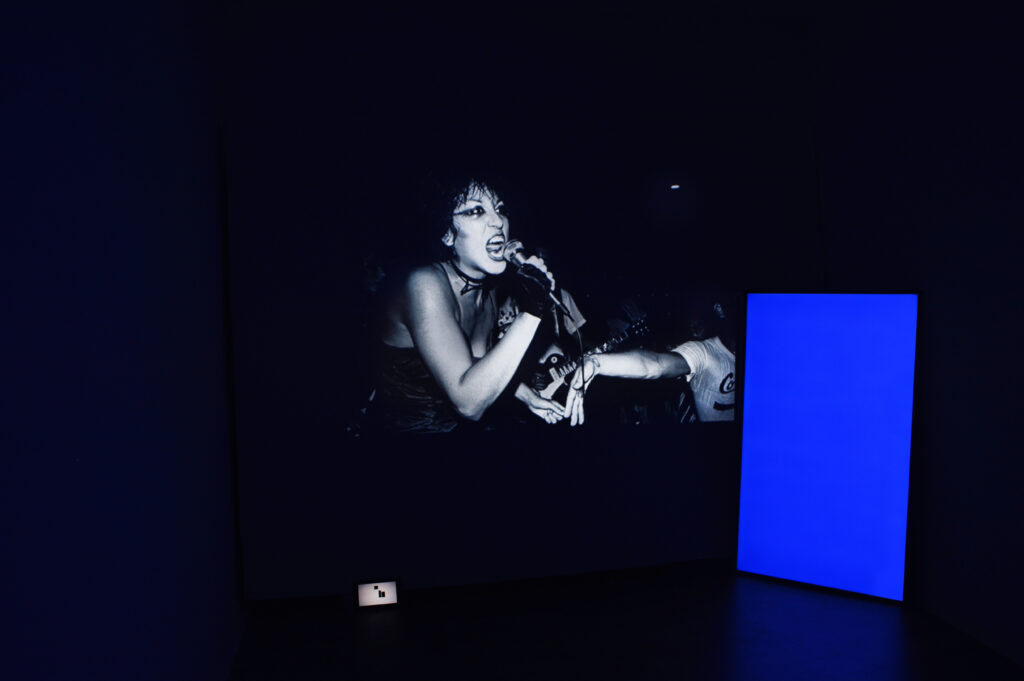
Patrick Fabian Panetta, APEX, 2013 (Recontextulized), 2017, Widescreen video, sound, min. 8.30, installation view, MÉLANGE 2018
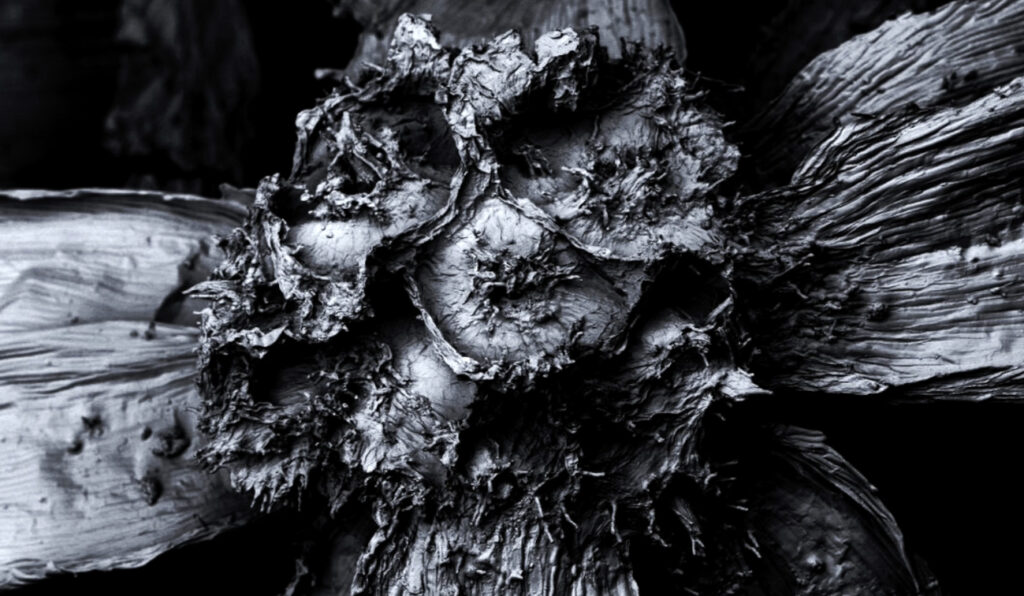
Patrick Fabian Panetta, APEX, 2013 (Recontextulized), 2017, Widescreen video, sound, min. 8.30, installation view, MÉLANGE 2018
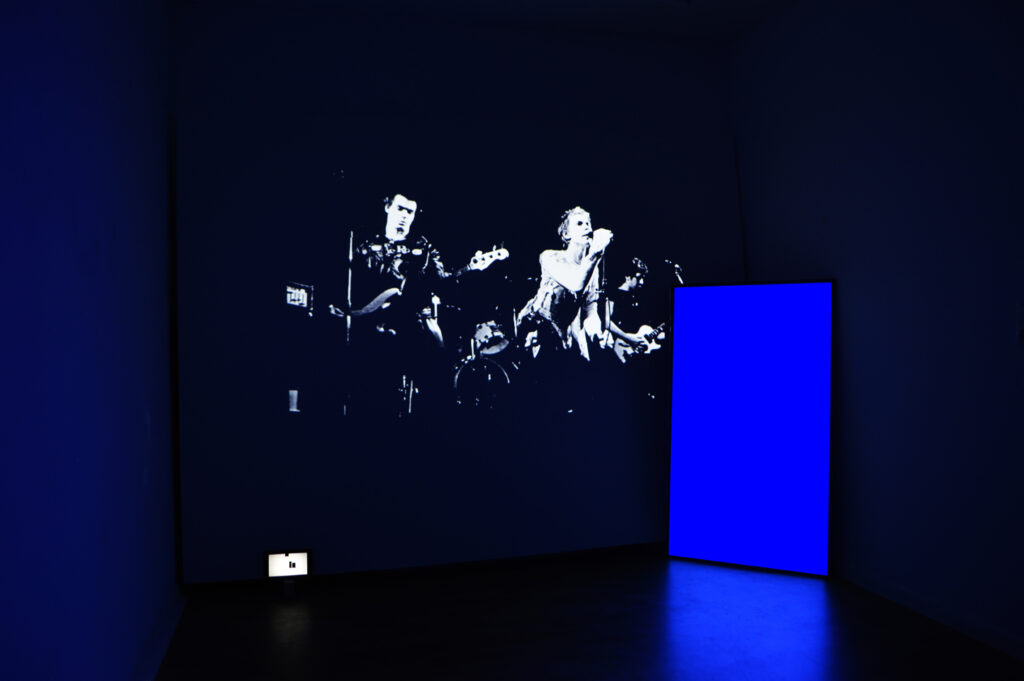
Patrick Fabian Panetta, APEX, 2013 (Recontextulized), 2017, Widescreen video, sound, min. 8.30, installation view, MÉLANGE 2018
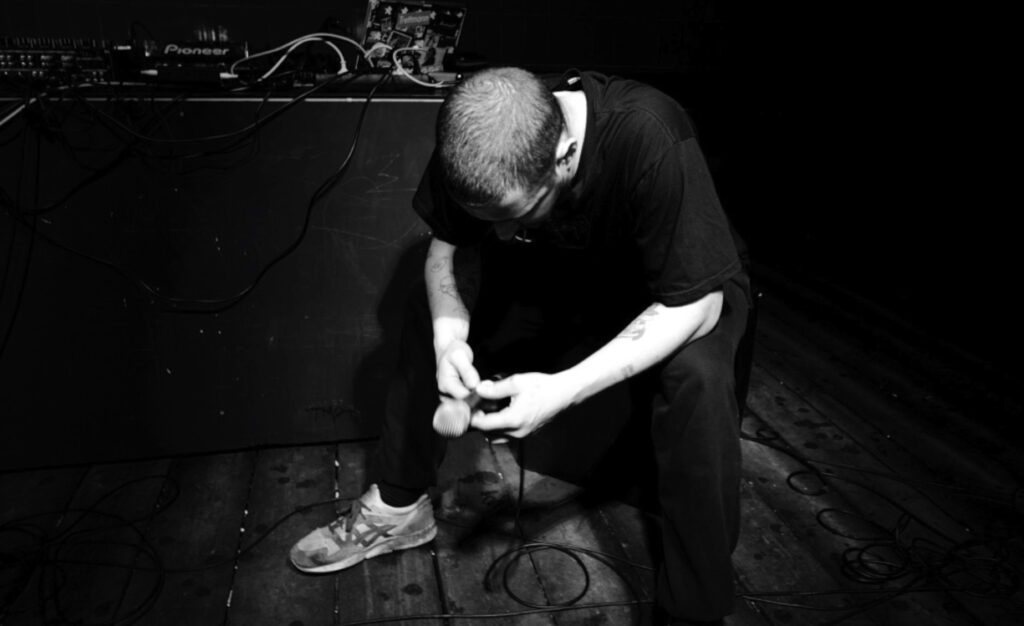
Patrick Fabian Panetta, APEX, 2013 (Recontextulized), 2017, Widescreen video, sound, min. 8.30, installation view, MÉLANGE 2018
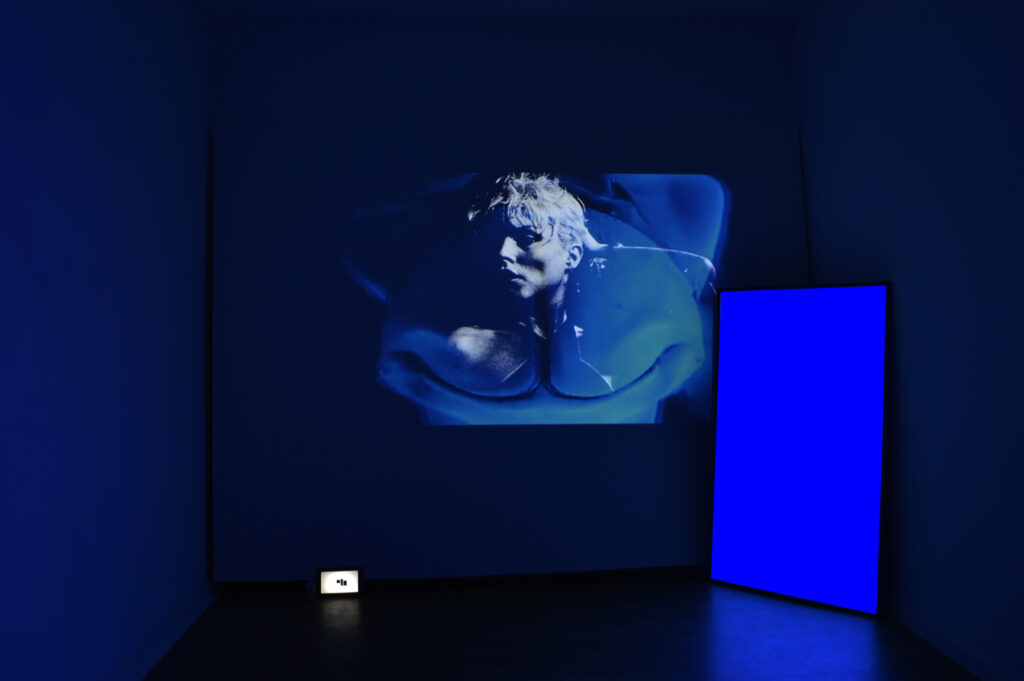
Patrick Fabian Panetta, APEX, 2013 (Recontextulized), 2017, Widescreen video, sound, min. 8.30, installation view, MÉLANGE 2018
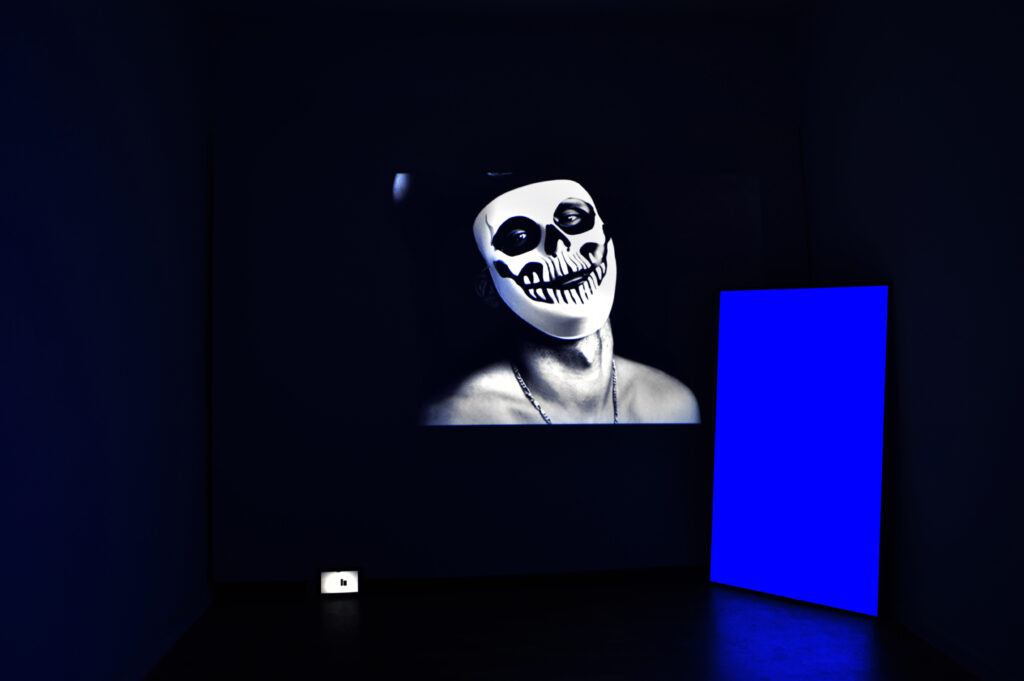
Patrick Fabian Panetta, APEX, 2013 (Recontextulized), 2017, Widescreen video, sound, min. 8.30, installation view, MÉLANGE 2018
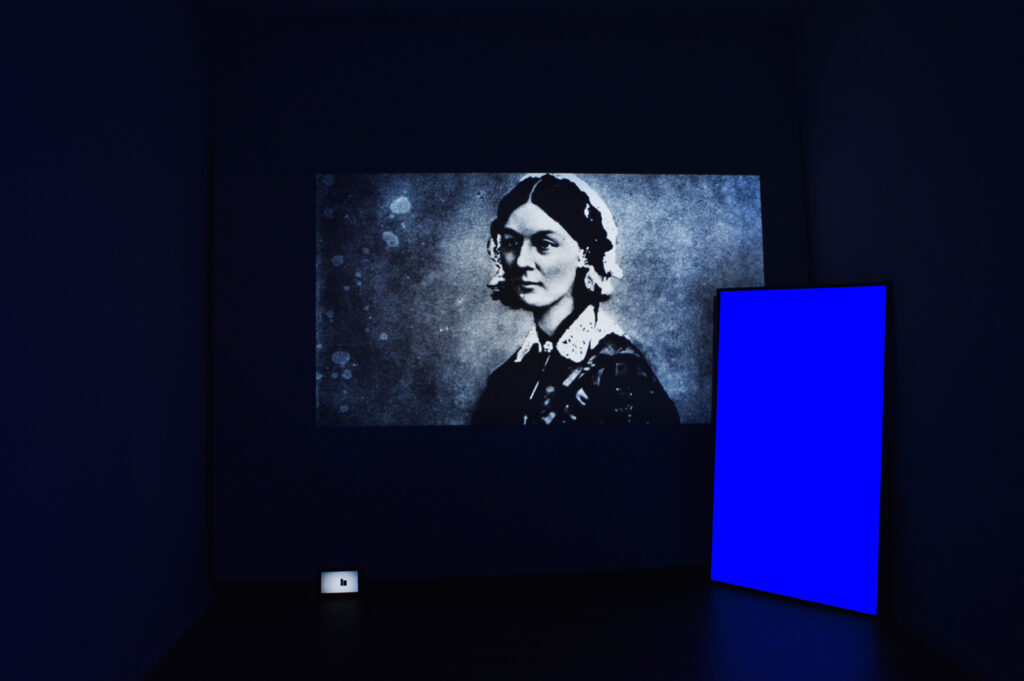
Patrick Fabian Panetta, APEX, 2013 (Recontextulized), 2017, Widescreen video, sound, min. 8.30, installation view, MÉLANGE 2018
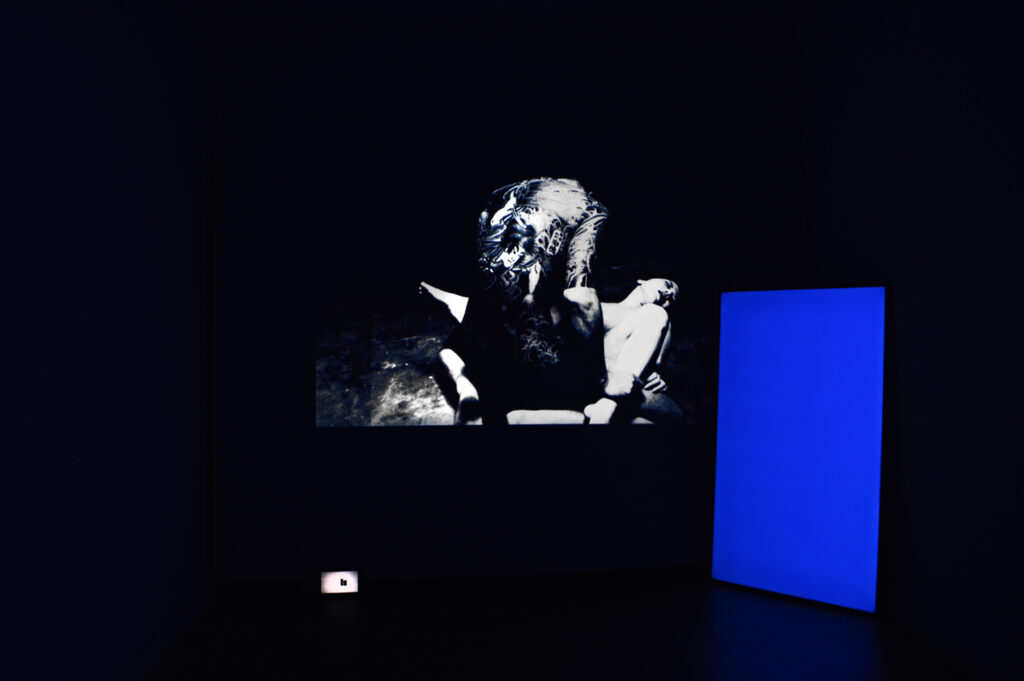
Patrick Fabian Panetta, APEX, 2013 (Recontextulized), 2017, Widescreen video, sound, min. 8.30, installation view, MÉLANGE 2018
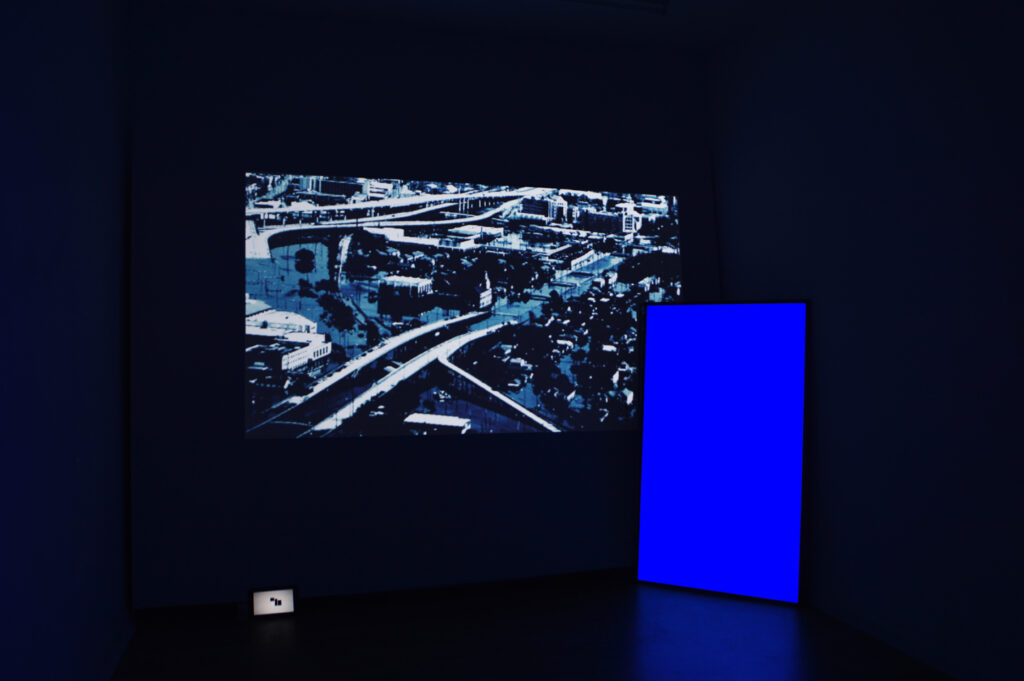
Patrick Fabian Panetta, APEX, 2013 (Recontextulized), 2017, Widescreen video, sound, min. 8.30, installation view, MÉLANGE 2018
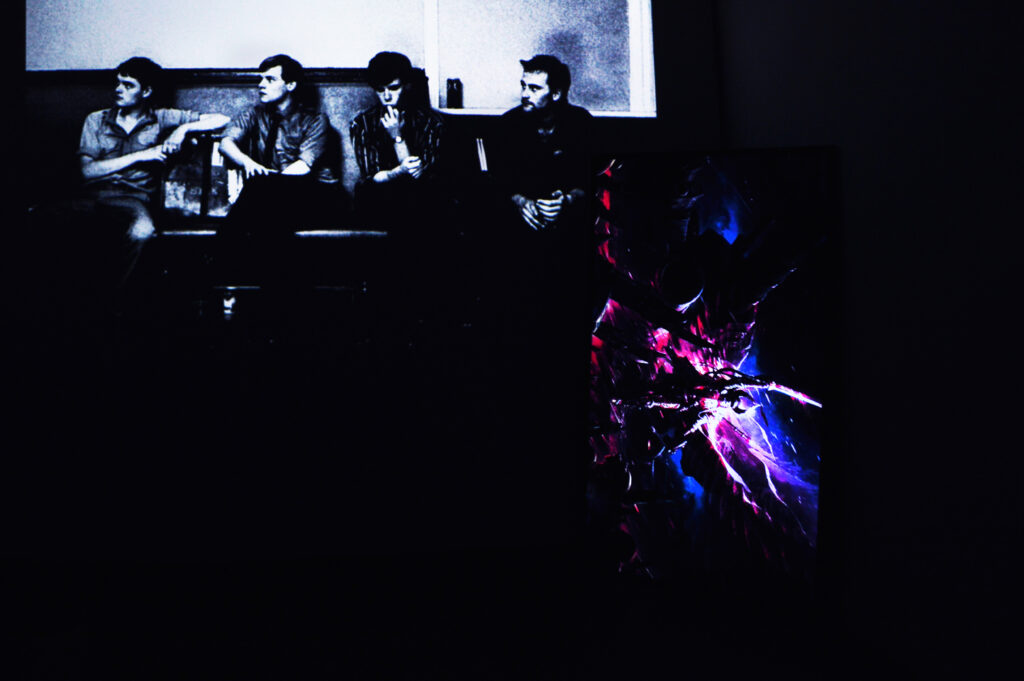
Patrick Fabian Panetta, installation view, MÉLANGE 2018
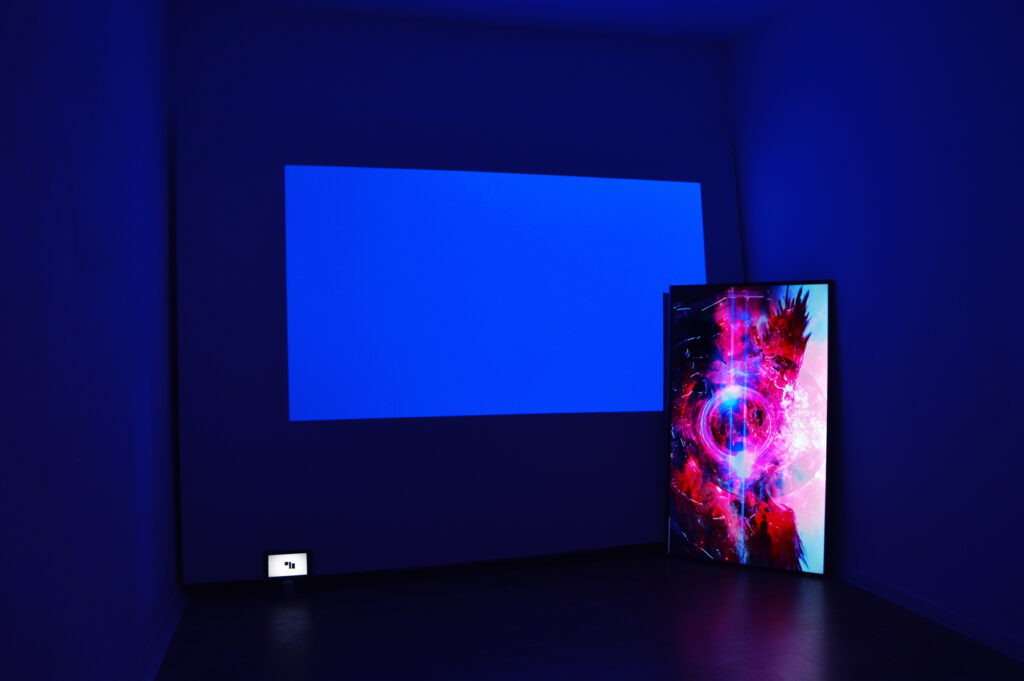
Patrick Fabian Panetta, CAFE DURBAN (The Overmind), 2018, Widescreen, hd video and sound, min. 3.35, installation view, MÉLANGE 2018
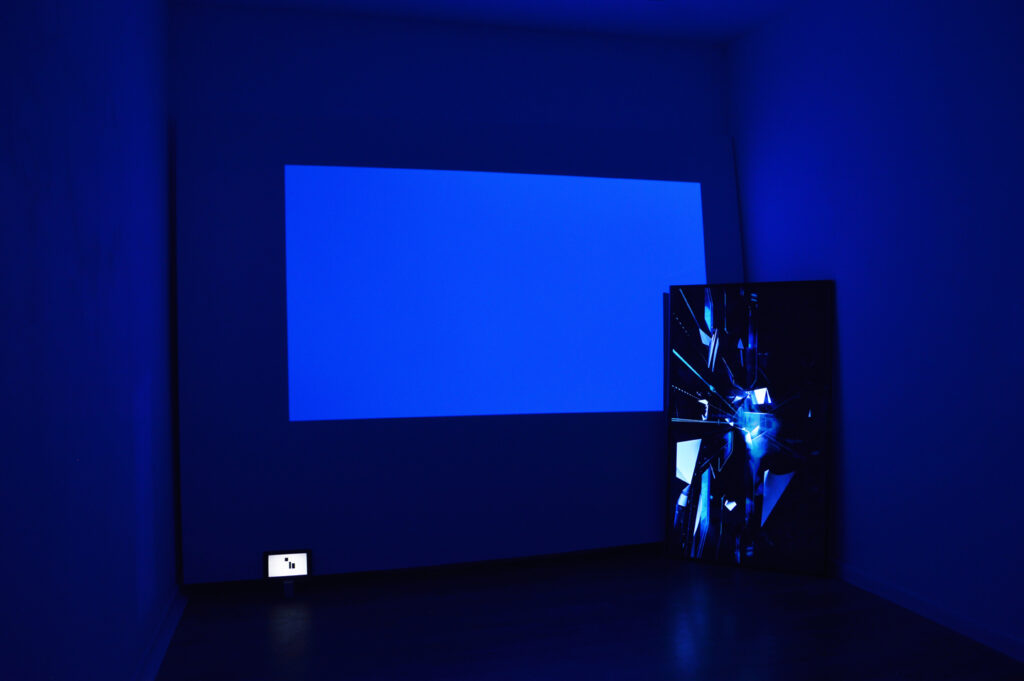
Patrick Fabian Panetta, CAFE DURBAN (The Overmind), 2018, Widescreen, hd video and sound, min. 3.35, installation view, MÉLANGE 2018
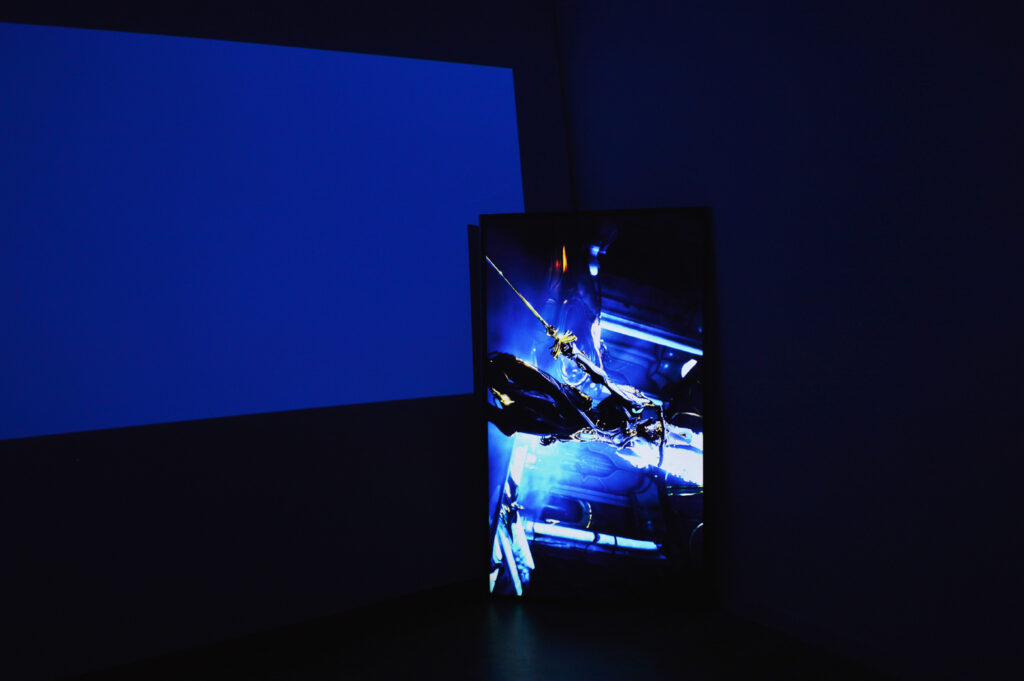
Patrick Fabian Panetta, CAFE DURBAN (The Overmind), 2018, Widescreen, hd video and sound, min. 3.35, installation view, MÉLANGE 2018
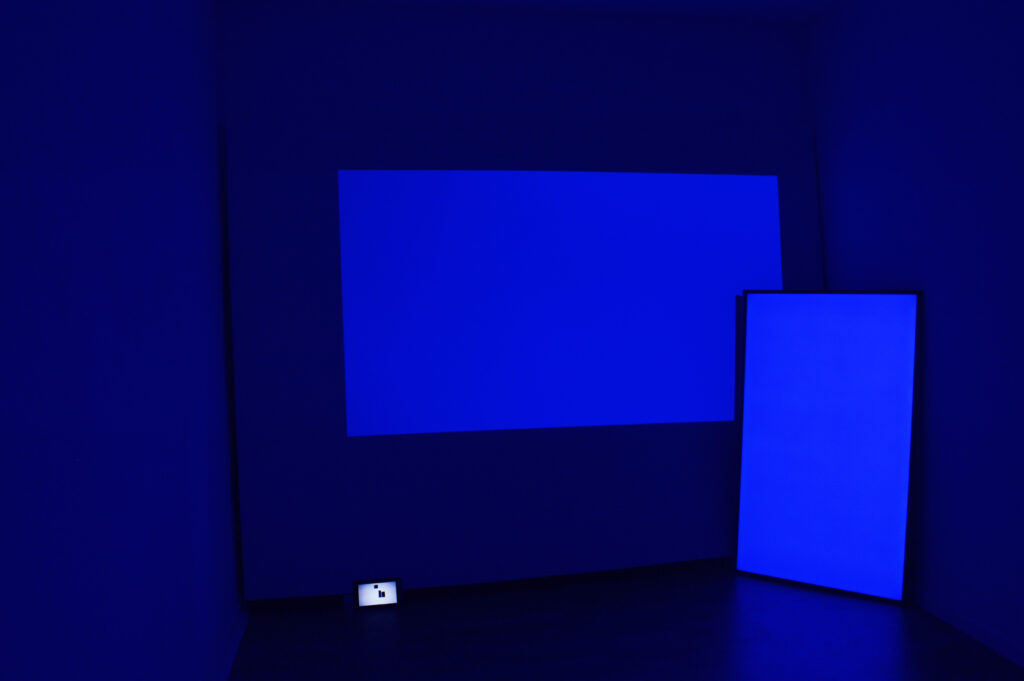
Patrick Fabian Panetta, installation view, MÉLANGE 2018

Patrick Fabian Panetta, Jonas, 2018, Zinc-coated metal object, approx. 10 x 4 x 3 cm, installation view, MÉLANGE 2018